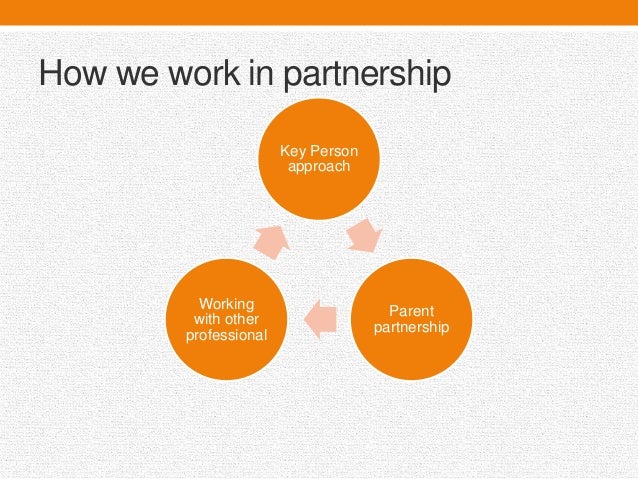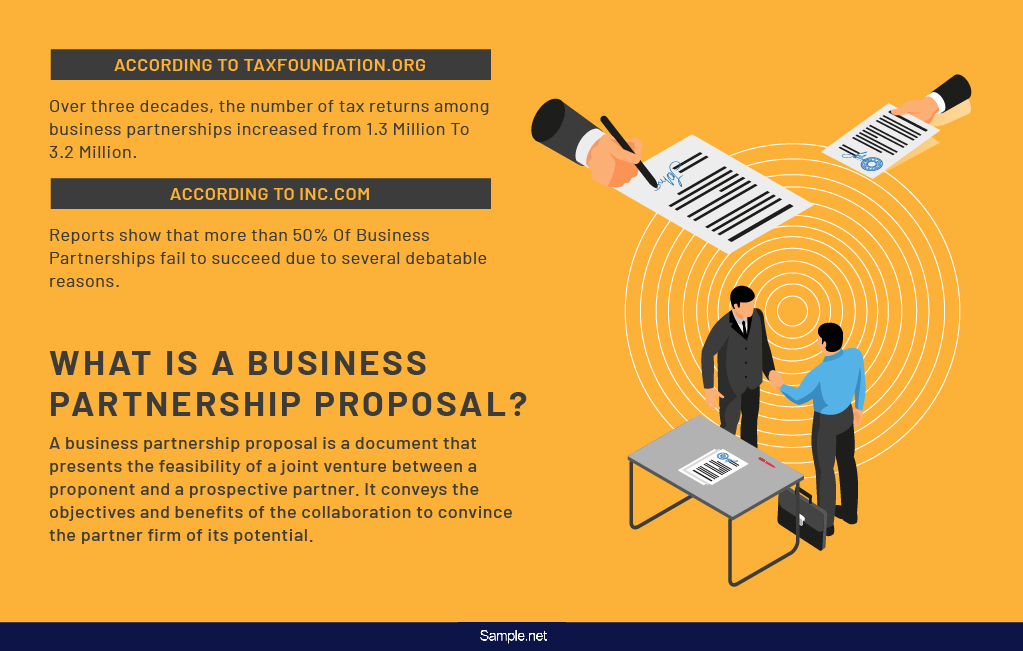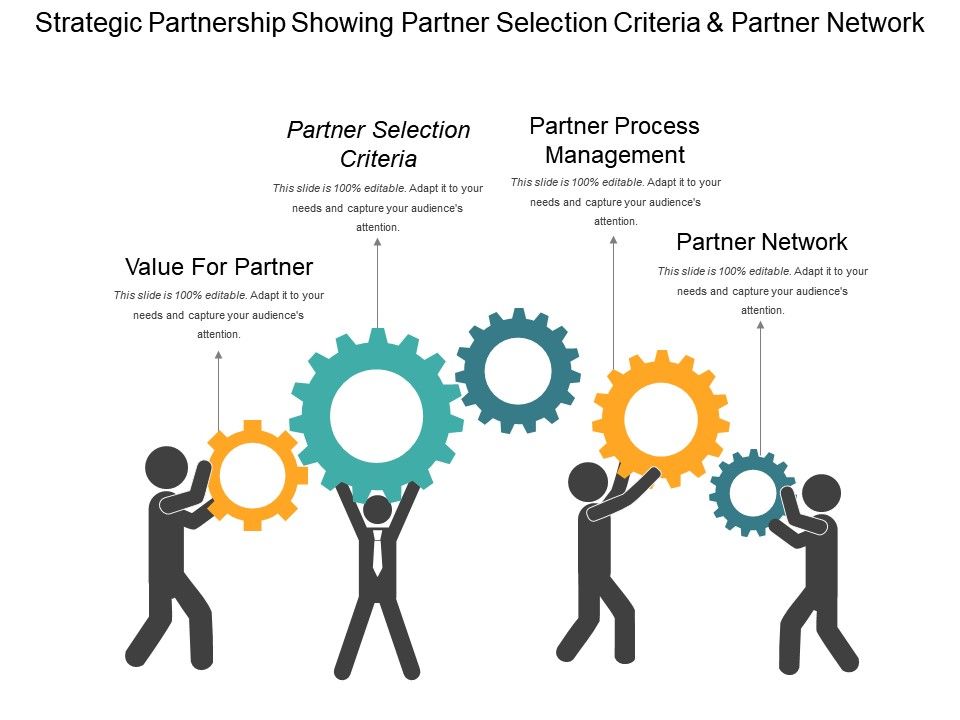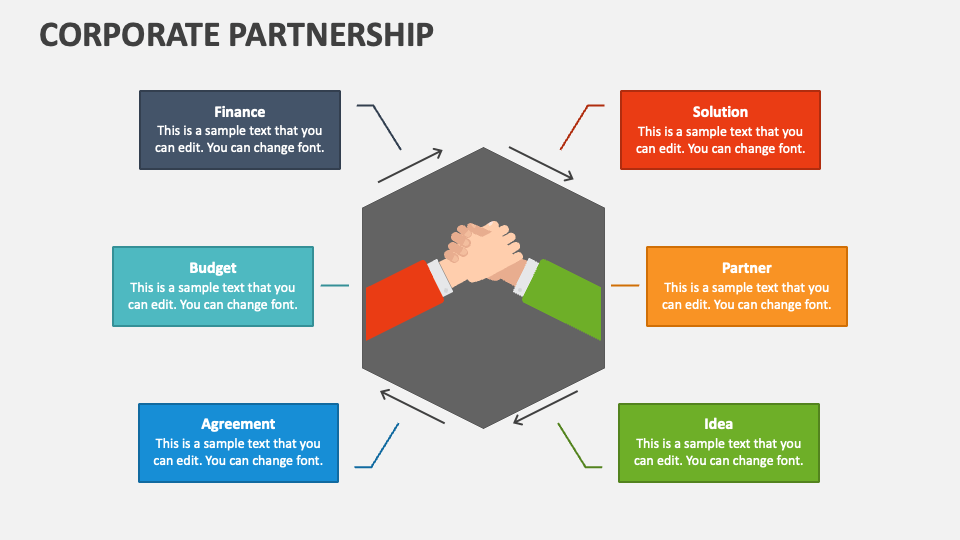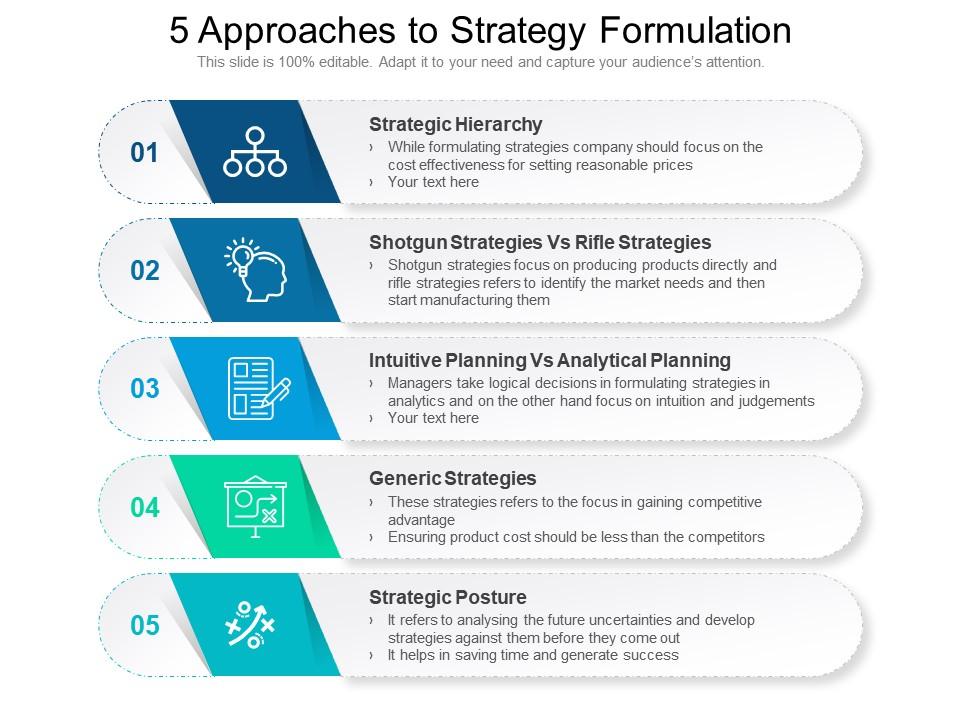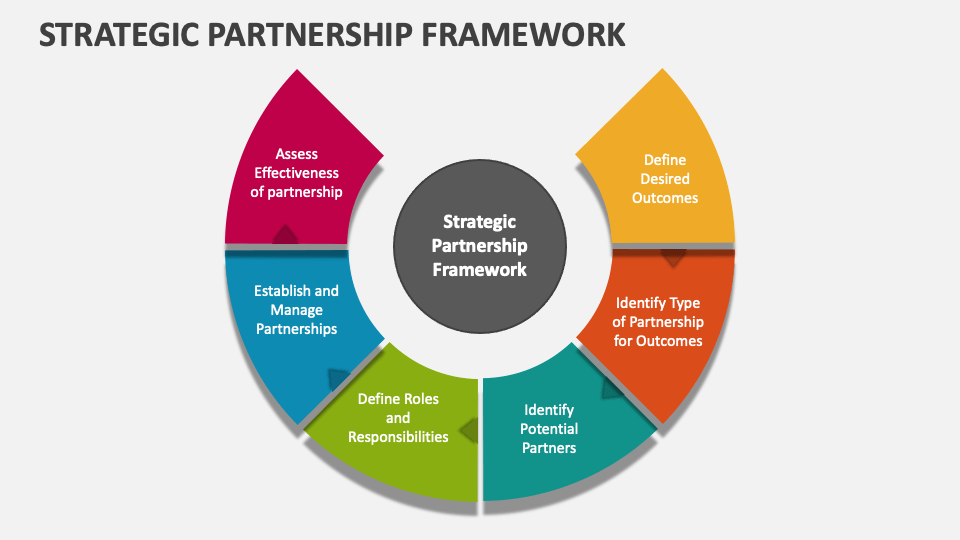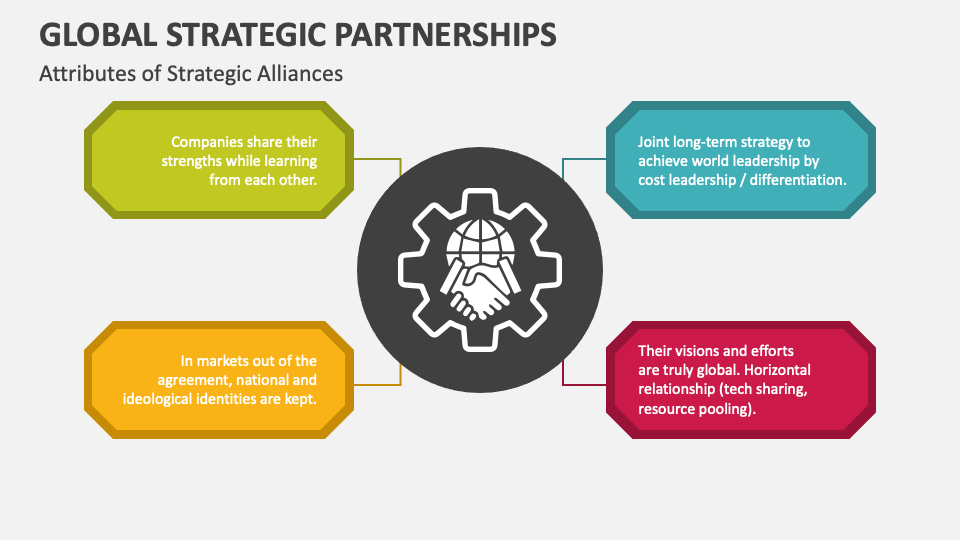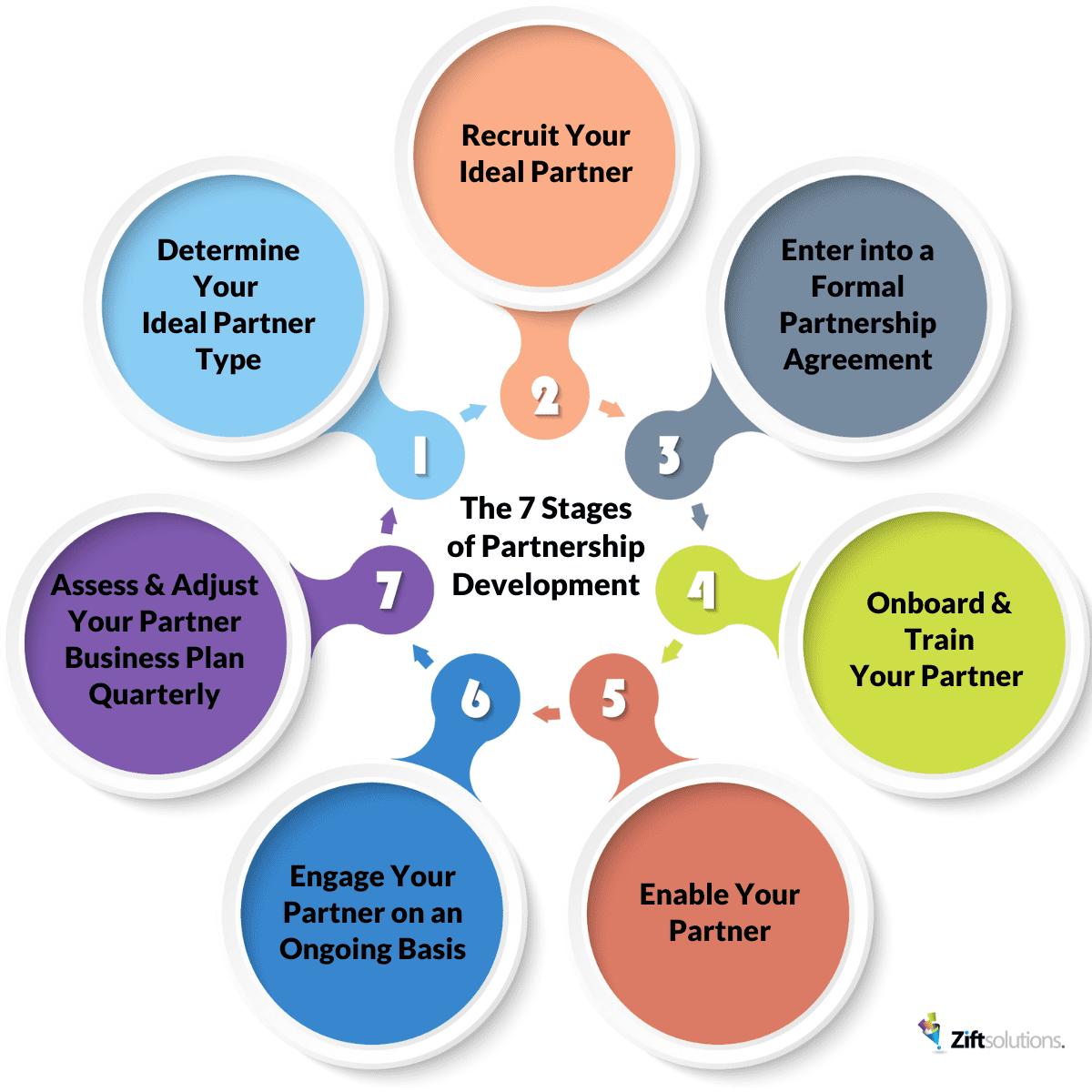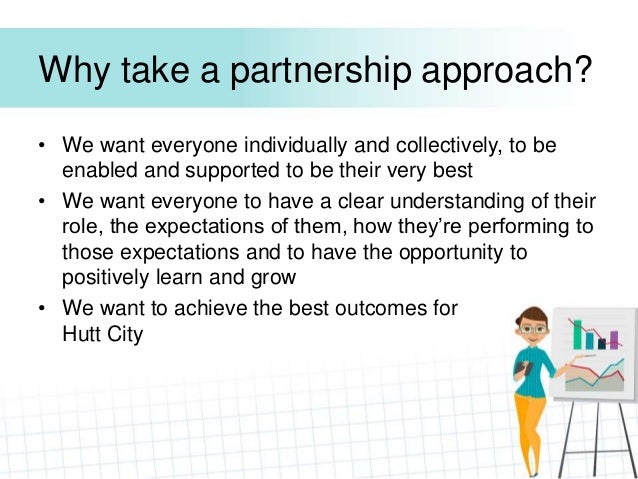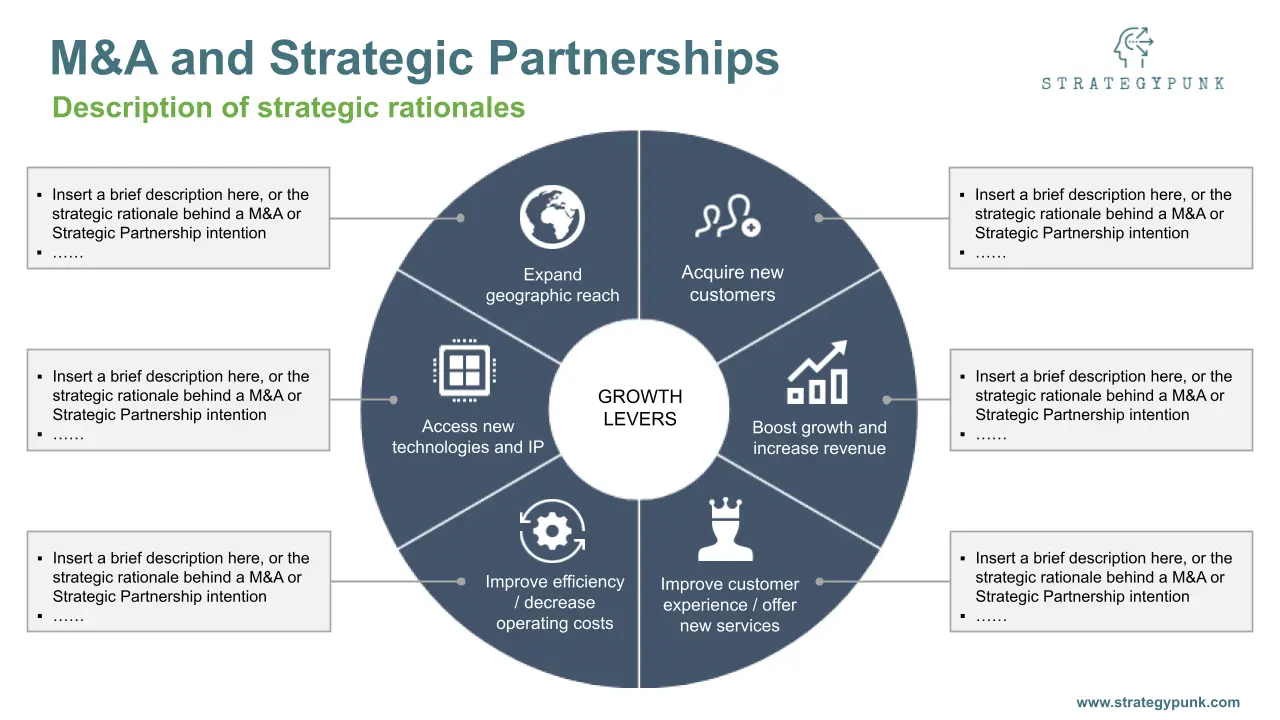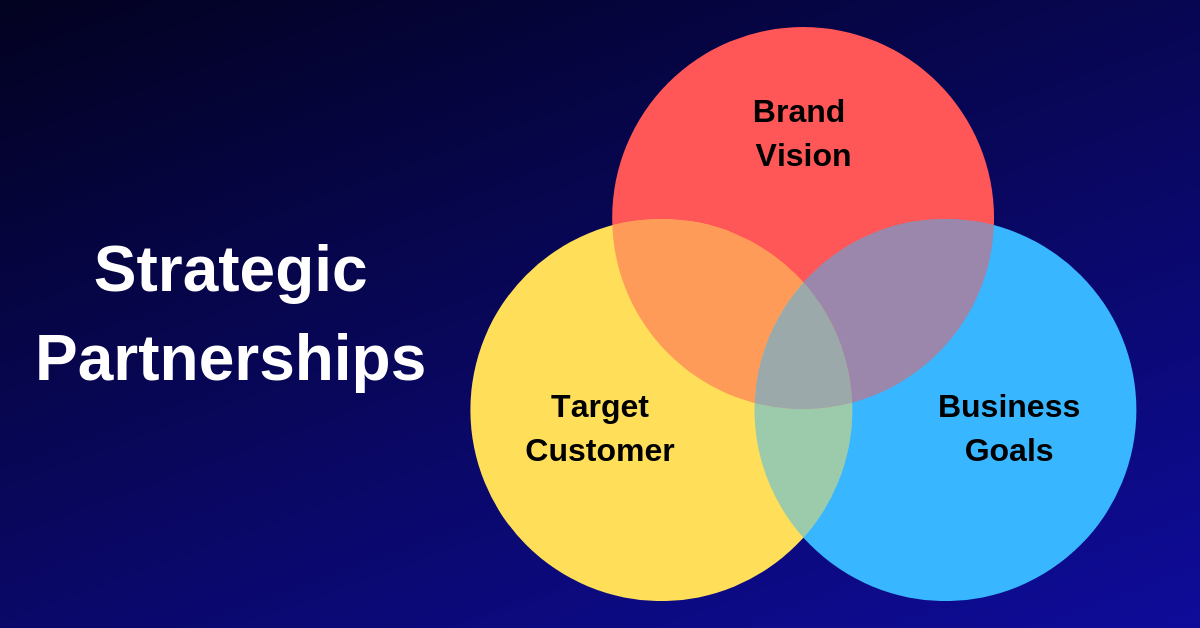How To Approach A Company For Partnership
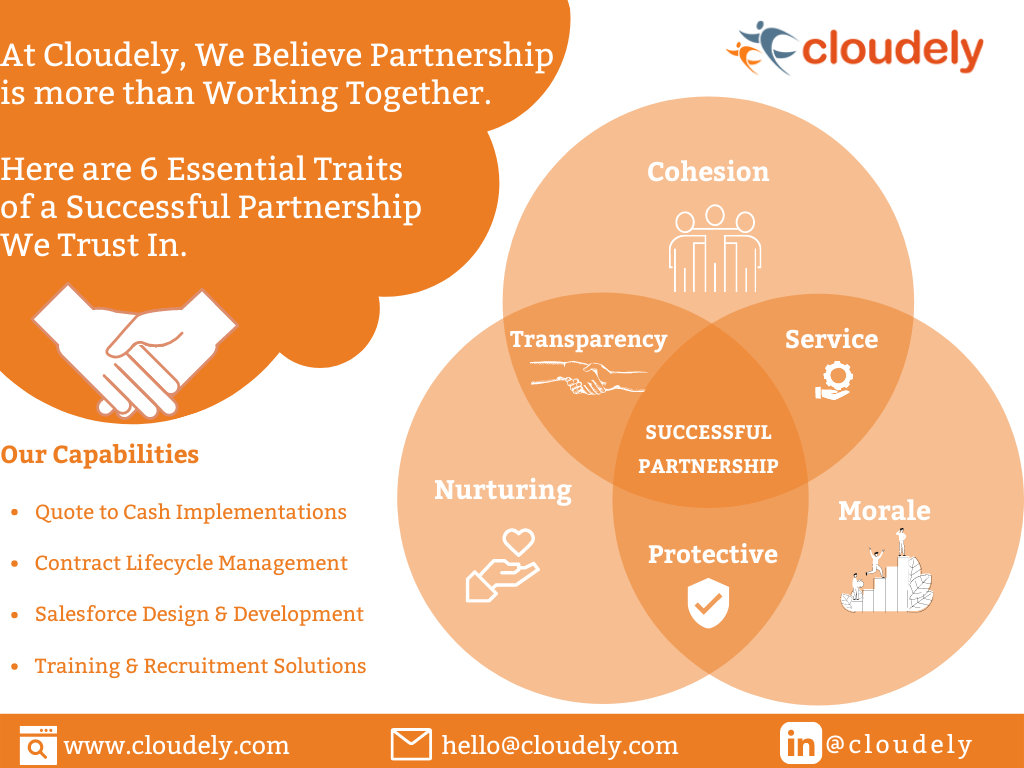
Companies seeking growth are increasingly turning to strategic partnerships. Experts reveal the crucial steps for crafting a compelling proposal that lands the deal.
Navigating the world of corporate partnerships can seem daunting, but it doesn't have to be. Understanding the key elements of a successful pitch and preparation will drastically increase your chances of forming beneficial alliances.
Identifying the Right Partner
Before reaching out, pinpoint potential partners whose values align with yours. Research their market position, recent activities, and future goals.
Use industry reports, news articles, and social media to gain insights into their priorities. Look for complementary strengths and shared objectives that can form the foundation of a mutually beneficial partnership.
Data suggests companies with clearly defined target partner profiles are 30% more likely to secure a successful partnership, according to a 2023 study by Partnership Leaders.
Crafting a Compelling Proposal
Your proposal must clearly articulate the value proposition. What problem are you solving for the potential partner, and what tangible benefits will they receive?
Quantify the potential impact of the partnership using data and projections. Highlight key performance indicators (KPIs) that will demonstrate success.
Remember to tailor the proposal to the specific needs and interests of each target company. A generic pitch is a surefire way to get rejected.
The Initial Outreach
Start by identifying the key decision-makers within the target organization. LinkedIn is a valuable resource for finding relevant contacts.
Craft a concise and personalized email introducing yourself and your company. Briefly highlight the potential benefits of a partnership and express your interest in further discussion.
According to a HubSpot study, emails with personalized subject lines have a 26% higher open rate.
Building Relationships and Negotiation
Once you've secured a meeting, focus on building rapport and establishing a genuine connection. Actively listen to their needs and concerns.
Be prepared to answer tough questions and address any potential roadblocks. Negotiate fairly and find common ground to create a win-win situation.
Always have a clear understanding of your own boundaries and limitations. Knowing when to walk away is just as important as knowing how to negotiate.
Formalizing the Agreement
Once you've reached an agreement, formalize the partnership with a legally binding contract. Clearly outline the roles, responsibilities, and expectations of each party.
Include clauses that address intellectual property, confidentiality, and dispute resolution. Consult with legal counsel to ensure the contract is comprehensive and protects your interests.
Remember, a well-defined contract is essential for a successful and long-lasting partnership. Don't skip this important step.
Ongoing Management and Communication
Partnership success hinges on ongoing communication and active management. Establish regular check-ins to track progress and address any challenges.
Be proactive in sharing updates and celebrating successes. Foster a collaborative environment built on trust and mutual respect.
Companies that prioritize open communication in partnerships see a 40% increase in overall success rates, according to Accenture research.
Next Steps
Start identifying potential partners and refining your proposal. Stay informed about industry trends and best practices in partnership development.
Attend industry events and networking opportunities to expand your reach. The world of strategic partnerships is constantly evolving, so continuous learning is crucial.
Prepare yourself for the complex process of forming strategic relationships. Do your homework and build a partnership strategy.

